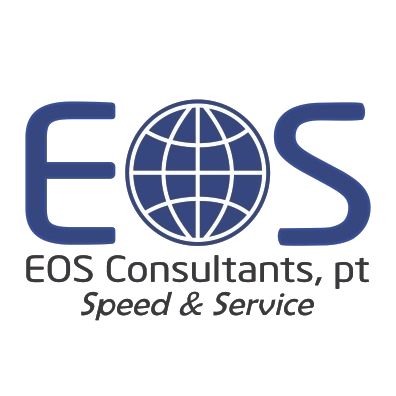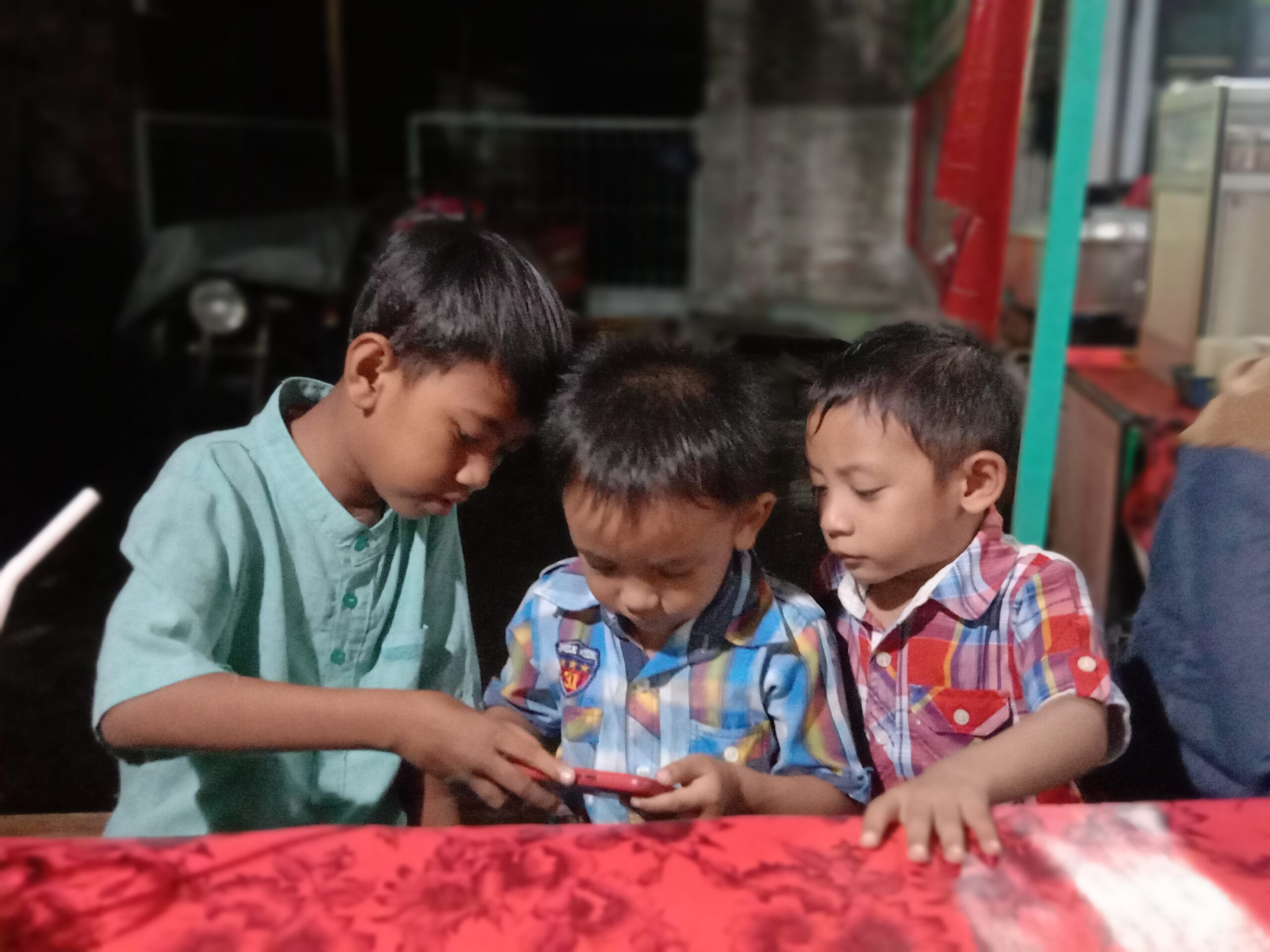
Source >>>
By Rina Tsubaki -23/04/2021 14 0
Today’s “take, make, use, waste” model of the economy has led to an unbearable amount of waste, pollution and CO2 emissions, leaving deep scars on our planet. More than ever before, there is a need for our current wasteful economy to shift towards a circular model that mimics and learn from nature. While policy change can lead the way, a true transformation is only possible when ‘people’ shift their mindsets and take action.
Empowered media can act as the facilitator for change by shedding light on the solutions people have not encountered before. As the risk of getting trapped by greenwashing increases, journalists often struggle to identify which solutions are ‘good’ solutions. Having a birds’ eye point of view on the problems with today’s economy would help them sort out the ‘good’ from the ‘bad’.
With this backdrop, the European Forest Institute’s science-media initiative, the Lookout Station, rolled out its third Solution Hack for Journalists – Online Edition to respond to the big questions: how might we put an end to continuous environmental destruction? How can you as a journalist drive that change for a sustainable future?
This online masterclass was carried out in collaboration with the Finnish innovation fund, Sitra, who was also the co-organiser of a previous edition. From 170 applications, 16 editors and journalists were selected to participate in a three-part hack in March 2021 to explore why we ended up where we are now, what future we want, and how journalists can make real-life impacts to create a sustainable future.
Organised in the same period as ‘Nature at the heart of a global circular bioeconomy’, this edition covered the issues with today’s product and supply chains including how it risks the forests and landscapes in the Global South. By understanding where the problems are coming from, the group explored the possible solution areas to investigate further.

A truly international group came together to learn about product life cycle issues and their impacts on social, economic and environmental systems that exist on our planet. The focus was put on the raw material extraction and manufacturing phase of the life cycle where different land-use issues emerge.
In particular, today’s global supply chain has caused unendurable harm to forests and people, driving deforestation and inequality. “Society needs an informant who can tell the stories about the connectivity between the products we buy and the impacts on people and forests elsewhere. Transparency initiatives like Trase provide a wealth of data and insights for journalists to tell such stories.” said Thomas Sembres, a land-use governance expert at the European Forest Institute.
Issues with the product life cycle do not end at minimising impacts caused by the global trade. Looking at how much materials and energy are lost in the way we make, use and dispose our products, it becomes clear how important it is to identify and eliminate the waste and leakages. As Nani Pajunen, a leading specialist in Sustainability solutions at Sitra pointed out during the masterclass, companies can rethink the waste as new resources to create new cash flow. Having this new mindset could also help journalists inspire businesses to think out of the box. Instead of posing questions around corporate social and environmental responsibilities, the media could also ask the companies where the lost opportunities are from an asset management point of view.
By sharing their own experiences in investigating the issues, the group discussed a number of areas for further consideration. Some of the questions that have emerged have addressed key issues for further exploration, such as: If we solve the issues here, will that cause problems elsewhere? What are the risks of Europe making a head-start with the circular transition, when the linear model is still not obsolete?
Beyond the subject matter issues, the group has also discussed how journalism can transform to enable the change we need in society. How to reflect long-term thinking, how to make positive change through reporting and how to better engage with communities were the thematic focus for this edition.
The next Solution Hack edition will focus on sustainable financing and will be held later this year.
For more information about this edition, visit this page on the Lookout Station website.
Photo: ©metamorworks – stock.adobe.com

